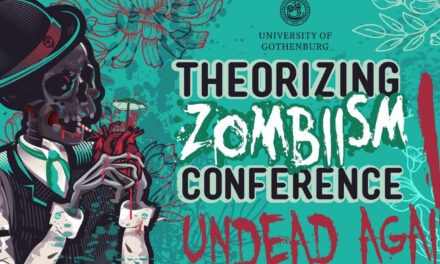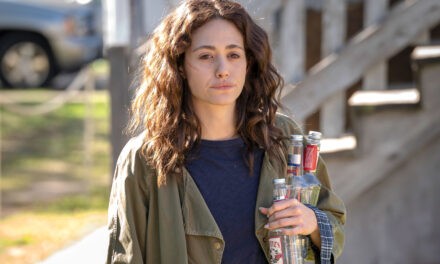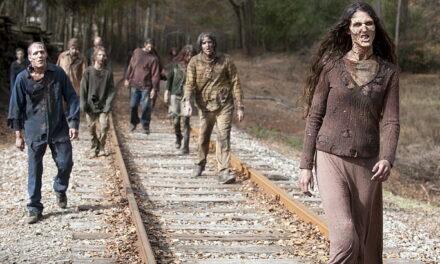Info for abstracts: Deadline September 29th; 250 word abstract – include name, title and affiliation
Project: The last decade has brought changes for transgender people both on and off television. Just a decade ago, transgender people almost exclusively appeared on television as jokes, victims, or sex workers, almost always as one-dimensional, and almost entirely performed by cisgender actors. Today, we see the introduction of complex transgender characters, some of whom are played by transgender actors, many of whom have love interests, “good” jobs, and empathetic storylines.
This edited collection will provide a critical representational analysis of historical and contemporary prominent transgender characters on narrative television. We see these representations as no longer so easily categorized as “good” or “bad.” Instead, we argue that historically oppressive tropes exist alongside and within more progressive approaches to trans characters. Like the current climate outside television, trans progress does not preclude the existence of trans discrimination. Thus, we argue that these analyses are important for what they tell us about both progress and stagnancy.
We desire to engage a number of extra-textual examples to demonstrate the importance of utilizing non-television platforms to better understand the role of televisual texts and general audience engagement with those texts. Finally, we will address the future of trans representation as related to the handful of reality television programs about transgender people, such as I am Cait and I am Jazz.
A good match for this project will be topics that address:
- Histories/tropes/trends/representations of trans characters on television
- The intersections of class/race/gender/sexuality/ability and trans identities on television
- Trans bodies played by CIS bodies on television
- The celebrity trans identity and character
- Trans lived realities in relation to television depictions
- Reality television and trans identities
- Critical approaches to trans identities as displayed on television
- The intersection of post-gay television and trans identities
- Television depictions of non-western or native genders (two-spirit, muxes, hijra, etc)
- Representations of non-binary or gender nonconforming people and characters
- How social media influences audience perception of transgender people on television
- The role of transgender media producers (directors, writers, etc.)
- Influence of transgender characters on transgender audiences
- Updates on Jack Halberstam’s “transgender look,” as applied to contemporary television
- Representations of transgender people and sex/sexuality
Send abstracts to elia0039@umn.edu and raecheltiffe@gmail.com by 9/29/17
For information about past and upcoming Console-ing Passions conferences and the Duke University Press CP book series, visit the CP website at http://www.console-ingpassions.org/





